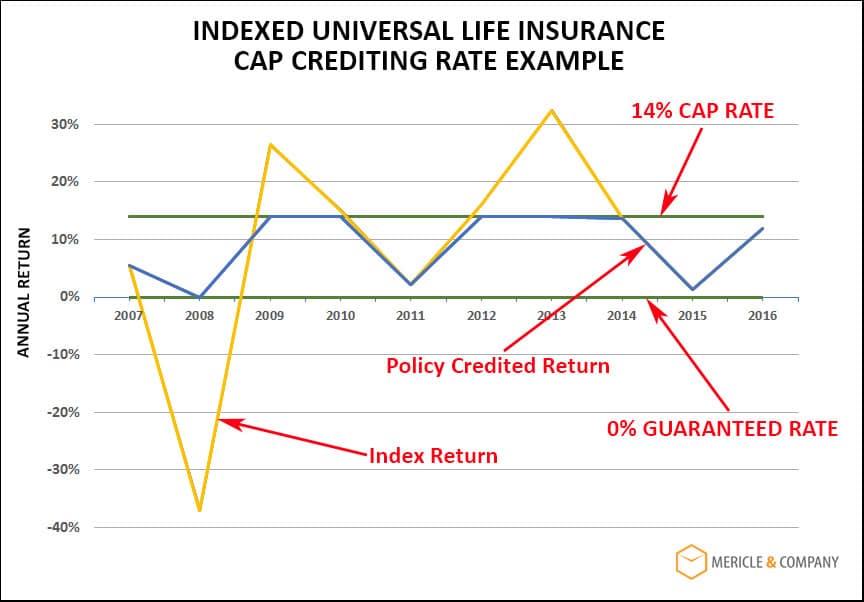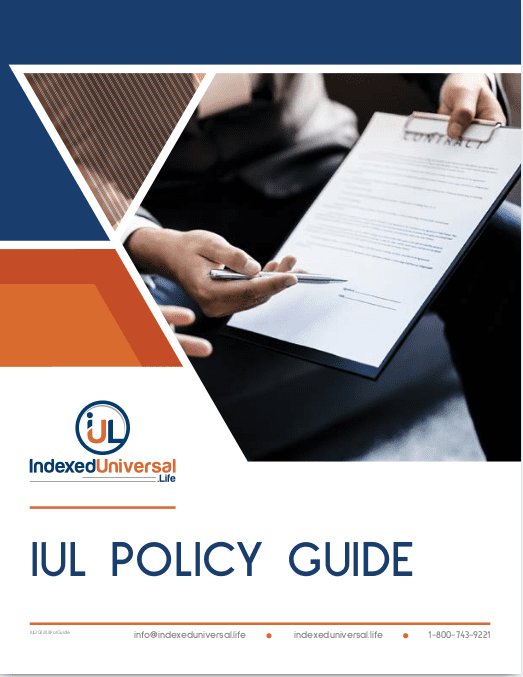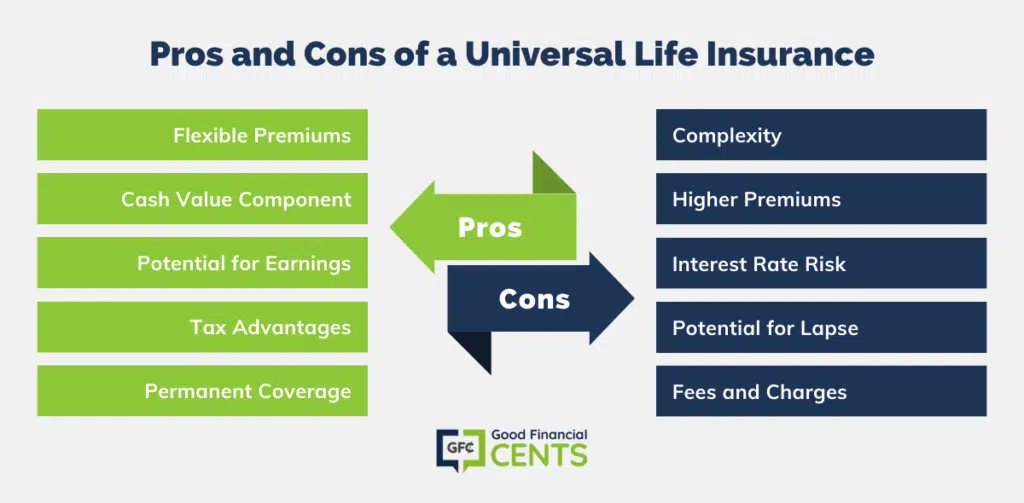All Categories
Featured
Table of Contents
1), often in an effort to beat their classification standards. This is a straw man disagreement, and one IUL individuals enjoy to make. Do they contrast the IUL to something like the Lead Total Amount Securities Market Fund Admiral Show no tons, an expense ratio (ER) of 5 basis points, a turn over ratio of 4.3%, and a phenomenal tax-efficient record of circulations? No, they contrast it to some horrible proactively handled fund with an 8% tons, a 2% ER, an 80% turn over ratio, and a terrible document of short-term capital gain circulations.
Shared funds usually make annual taxed circulations to fund proprietors, even when the worth of their fund has dropped in worth. Mutual funds not just require income coverage (and the resulting annual taxes) when the mutual fund is going up in value, however can likewise impose income tax obligations in a year when the fund has dropped in value.
You can tax-manage the fund, collecting losses and gains in order to minimize taxable circulations to the financiers, yet that isn't somehow going to alter the reported return of the fund. The ownership of common funds may call for the shared fund owner to pay estimated taxes (fixed index universal life insurance policy).

IULs are easy to place so that, at the proprietor's death, the recipient is not subject to either income or estate tax obligations. The same tax obligation reduction methods do not function almost as well with common funds. There are countless, frequently costly, tax obligation traps related to the moment trading of shared fund shares, traps that do not apply to indexed life insurance policy.
Possibilities aren't very high that you're going to go through the AMT due to your mutual fund circulations if you aren't without them. The remainder of this one is half-truths at best. While it is true that there is no income tax due to your successors when they inherit the profits of your IUL plan, it is additionally true that there is no earnings tax due to your beneficiaries when they inherit a common fund in a taxed account from you.
Nationwide Iul Review
The federal inheritance tax exception limitation mores than $10 Million for a pair, and expanding every year with inflation. It's a non-issue for the large majority of physicians, much less the rest of America. There are much better means to stay clear of inheritance tax problems than acquiring financial investments with reduced returns. Common funds might create revenue tax of Social Protection advantages.

The development within the IUL is tax-deferred and may be taken as tax free income using loans. The policy owner (vs. the common fund manager) is in control of his/her reportable earnings, hence allowing them to decrease and even get rid of the tax of their Social Protection advantages. This is wonderful.
Below's an additional very little concern. It's real if you buy a mutual fund for state $10 per share prior to the distribution day, and it distributes a $0.50 circulation, you are after that going to owe taxes (probably 7-10 cents per share) regardless of the reality that you have not yet had any kind of gains.
In the end, it's actually concerning the after-tax return, not just how much you pay in tax obligations. You're also most likely going to have more money after paying those taxes. The record-keeping needs for possessing shared funds are considerably much more complicated.
With an IUL, one's documents are kept by the insurance policy company, duplicates of yearly statements are mailed to the proprietor, and distributions (if any kind of) are amounted to and reported at year end. This is additionally sort of silly. Obviously you ought to maintain your tax obligation records in instance of an audit.
Difference Between Universal Life Insurance And Whole Life Insurance
All you have to do is push the paper right into your tax folder when it turns up in the mail. Hardly a reason to buy life insurance coverage. It's like this guy has never ever bought a taxed account or something. Shared funds are generally component of a decedent's probated estate.
On top of that, they are subject to the delays and expenses of probate. The proceeds of the IUL plan, on the other hand, is always a non-probate distribution that passes beyond probate straight to one's called beneficiaries, and is therefore not subject to one's posthumous financial institutions, undesirable public disclosure, or similar hold-ups and costs.
Medicaid disqualification and lifetime earnings. An IUL can provide their owners with a stream of income for their whole life time, no matter of just how long they live.

This is valuable when arranging one's events, and converting assets to revenue before a retirement home arrest. Common funds can not be transformed in a comparable fashion, and are generally taken into consideration countable Medicaid assets. This is another dumb one advocating that bad individuals (you recognize, the ones who require Medicaid, a government program for the bad, to spend for their assisted living facility) ought to use IUL rather than shared funds.
Indexed Universal Life Insurance Vs Term
And life insurance policy looks horrible when compared rather versus a pension. Second, people who have cash to purchase IUL over and beyond their retired life accounts are mosting likely to have to be awful at taking care of cash in order to ever before certify for Medicaid to spend for their nursing home costs.
Persistent and terminal ailment cyclist. All plans will certainly enable a proprietor's easy accessibility to money from their plan, frequently forgoing any kind of abandonment penalties when such individuals endure a severe ailment, require at-home treatment, or end up being confined to a retirement home. Mutual funds do not provide a comparable waiver when contingent deferred sales charges still apply to a mutual fund account whose owner requires to offer some shares to fund the costs of such a remain.
Should I Cancel My Universal Life Insurance Policy
Yet you reach pay more for that advantage (rider) with an insurance coverage. What a wonderful offer! Indexed global life insurance policy gives fatality advantages to the recipients of the IUL owners, and neither the owner nor the beneficiary can ever lose money as a result of a down market. Shared funds provide no such warranties or survivor benefit of any kind of kind.
Currently, ask yourself, do you really need or want a death benefit? I absolutely don't require one after I get to monetary independence. Do I desire one? I intend if it were affordable enough. Naturally, it isn't low-cost. Typically, a purchaser of life insurance policy pays for real cost of the life insurance benefit, plus the costs of the policy, plus the revenues of the insurance provider.
Adjustable Life Plan
I'm not entirely sure why Mr. Morais included the entire "you can not lose money" once more below as it was covered fairly well in # 1. He simply wanted to repeat the most effective marketing point for these things I suppose. Once again, you do not lose nominal dollars, yet you can lose genuine dollars, as well as face serious opportunity cost due to reduced returns.

An indexed global life insurance policy proprietor might trade their plan for a totally various plan without setting off earnings taxes. A mutual fund proprietor can stagnate funds from one mutual fund business to an additional without offering his shares at the former (therefore activating a taxable occasion), and redeeming new shares at the last, usually based on sales fees at both.
While it is true that you can trade one insurance coverage for an additional, the factor that individuals do this is that the very first one is such an awful plan that also after acquiring a new one and undergoing the very early, negative return years, you'll still come out ahead. If they were sold the best plan the very first time, they should not have any kind of need to ever before trade it and undergo the early, negative return years once more.
Table of Contents
Latest Posts
Tax Free Retirement Iul
Equity Index Life
Nationwide Iul Review
More
Latest Posts
Tax Free Retirement Iul
Equity Index Life
Nationwide Iul Review